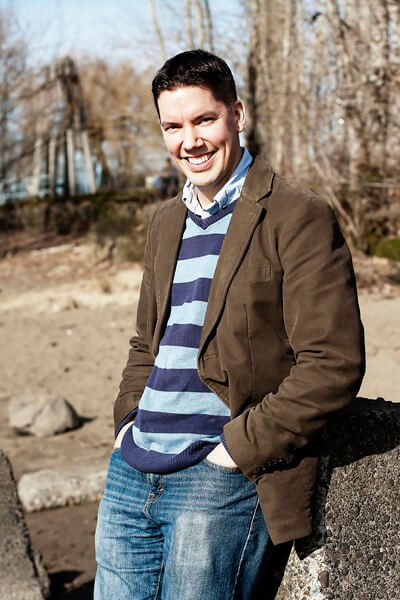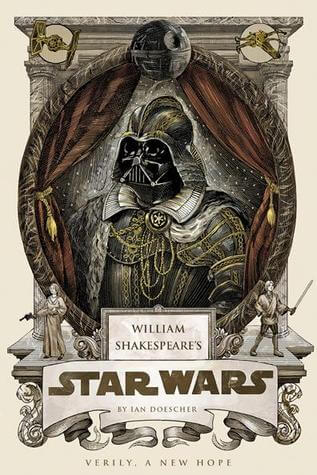A long time ago in a galaxy far, far away, Ian Doescher got a crazy idea to combine two well-loved worlds. His odds of navigating the mashup successfully were about the same as navigating an asteroid field, but maybe no one told him the odds. William Shakespeare’s Star Wars® was published in 2013 to acclaim from Star Wars and Shakespeare fans alike, lauded by everyone from high school teachers to Entertainment Weekly. I listed the book as one of my top reads of 2013. Its followup, The Empire Striketh Back, hits bookstores in February 2014.
Ian, thanks so much for taking the time to answer some questions for me. I need to start with probably the most asked question: how did this idea, rewriting A New Hope as a Shakespearian play, come about?
In the spring and summer of 2012, three things happened: I watched the Star Wars trilogy with some friends for the first time in several years, I read Pride and Prejudice and Zombies, and I attended the Oregon Shakespeare festival with my family. I attribute the idea for William Shakespeare’s Star Wars to those three things combining in my subconscious. At the Oregon Shakespeare Festival, we saw a funny modern adaptation of Shakespeare called The Very Merry Wives of Windsor, Iowa, so I was already primed for novel interpretations of Shakespeare.
Continue reading “Alas, poor stormtrooper, I knew ye not: An interview with Ian Doescher”



